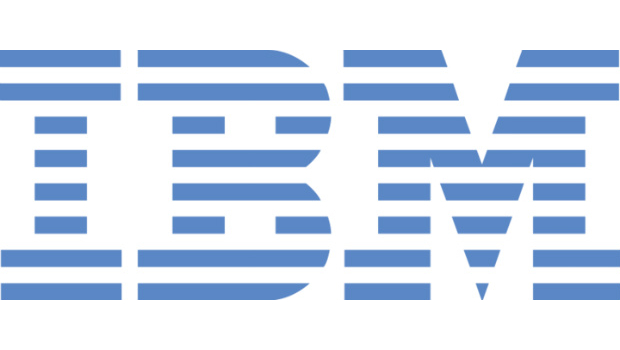IBM will house its email, communication and collaboration products in its Connections suite, whose scope until now has been limited to enterprise social networking (ESN) software.
This means that the Connections bundle will include the Notes/Domino email platform, Docs office productivity apps and Sametime tools for IM, audio/video communications and Web meetings.
As those products get updated this year, they will be rebranded with the Connections name and offered as part that suite, whose core ESN software lets users create employee profiles, blogs, wikis, discussion forums and the like, as well as share, co-edit and comment on files and documents.
“Those products work together today. They’re fully integrated, but now the branding will provide clarity and focus and highlight all these integrated capabilities,” said Kramer Reeves, IBM Messaging and Collaboration Solutions director.
Consolidating these integrated products under a single brand umbrella will help IBM show prospective customers what it has to offer against competing suites like Microsoft’s Office 365 and Google’s Apps, as well as against vendors with narrower offerings, like Box and Dropbox in cloud storage and Jive Software in ESN.
Reeves declined to comment on how this move will affect how the products are licensed and priced, saying IBM will provide more details about that later. However, he did say IBM will offer customers an option to buy the suite with all components, as well as an option to bundle a package a la carte, choosing some items and leaving others out. There will also be add-ons available that cost extra for customers who want more sophisticated capabilities in areas of document compliance, governance and advanced analytics.
IBM expects to update the products’ cloud versions first, and then release the updated on-premises versions.
One of the biggest upgrades will be made to the Notes desktop email client and its iNotes web browser version, as IBM aims to reimagine inbox management, Reeves said. The goal is to help users by automatically prioritising certain messages, and identifying which ones contain tasks and actions that need to be completed.
IBM calls this upcoming version of its email software Mail Next, and its development is a clear statement from the company that it’s not in the camp of those who say email is obsolete as a workplace communications tool.
“We’re betting the market will continue to rely on secure email, so we’re reinventing the inbox with the evolution of social,” Reeves said.
Rob Koplowitz, a Forrester Research analyst, sees the brand re-alignment and product consolidation under Connections as a positive move for IBM.
“Connections has been successful for them. It’s considered a forward-thinking product and it’s got buzz around it,” he said, adding that it’s also good for IBM to continue distancing itself from the Lotus brand, which carries a legacy baggage. “There’s not a lot of brand equity left with Lotus, but there is with Connections.”
Koplowitz is also optimistic about the effort to rework Notes and iNotes so that email is transformed as a component within an enterprise social collaboration suite.
“The ’email is dead’ spin has been around for a few years, but it’s poppycock. The traditional functions of email, messaging and calendaring are becoming part of a broader suite that’s inherently social,” he said.
However, once Mail Next comes out, the question will be how users will receive it, since it will likely require an adjustment and learning of a modified user experience, Koplowitz said.
Industry analyst Michael Osterman from Osterman Research had a chance to view a demo of Mail Next and offered up some suggestions for improving the user interface in a blog post, but is generally positive about what he saw.
“Depending on the way you look at it, this is either the next generation of email that integrates with social business capabilities, or it’is social business that more tightly integrates with email,” Osterman wrote. “I view it as more of the former — a realisation that email is central to the way that people work, but with some interesting social capabilities, task management and other functions integrated into the interface.”
Juan Carlos Perez, IDG News Service







Subscribers 0
Fans 0
Followers 0
Followers